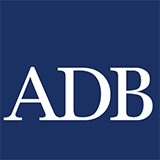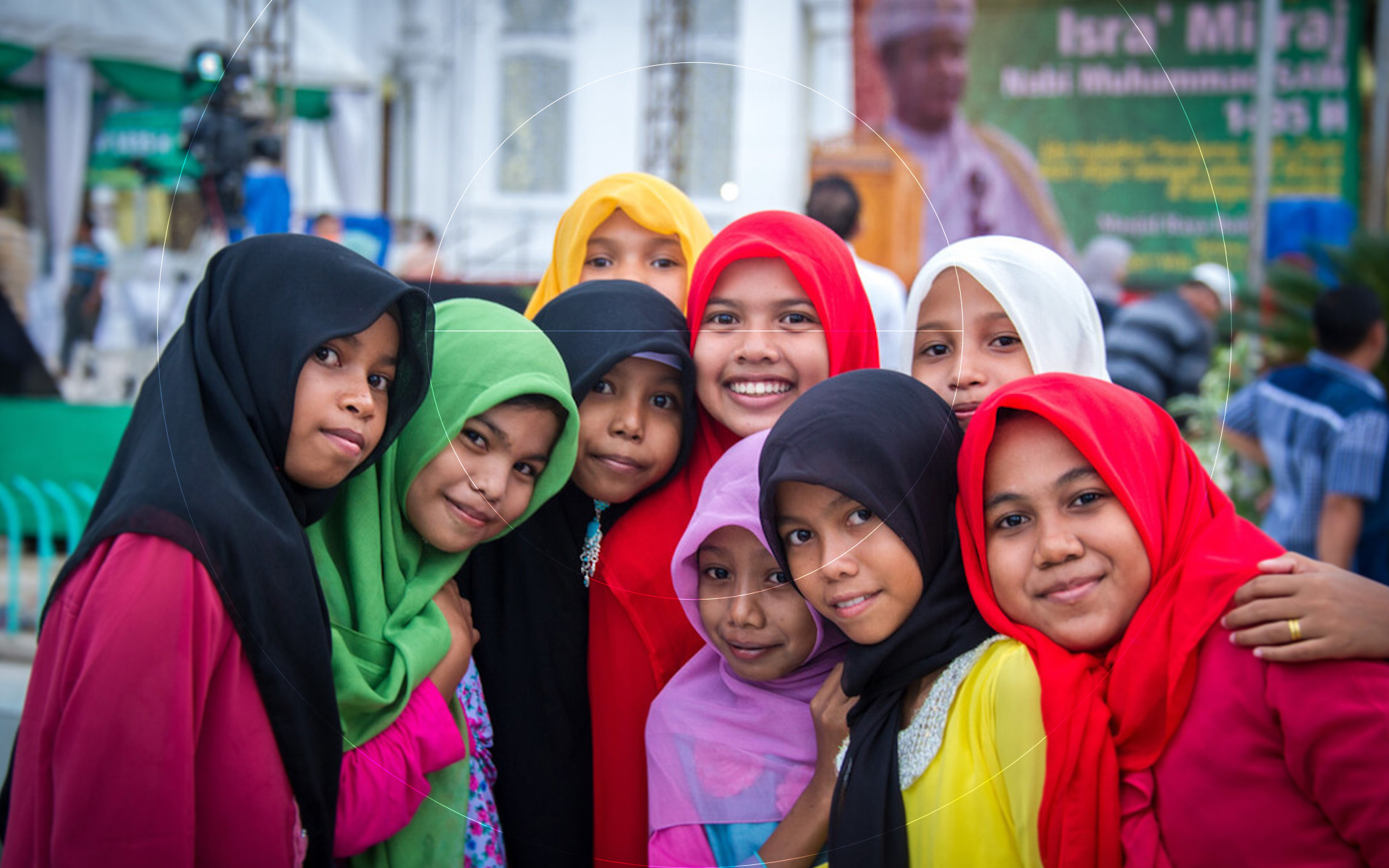As Asia and the Pacific recovers from the COVID-19 pandemic, ADB and its partners are working together to address the pandemic’s disproportionate gender impacts and safeguard the gender equality gains countries have made. In 2022, they continued collaborating toward achieving gender equality in the region, focusing on gender-inclusive COVID-19 pandemic recovery. They also focused on initiatives to strengthen women’s resilience against climate change and future shocks, such as the food security crisis now confronting the region.
Operational Priority Thrusts
ADB is committed to supporting gender equality through gender-inclusive project designs in at least 75% of its sovereign and nonsovereign operations by 2030. ADB contributes to the efforts of accelerating gender equality outcomes in the region in five areas:
- women’s economic empowerment
- gender equality in human development
- gender equality in decision-making and leadership
- reduced time poverty of women
- women’s resilience to external shocks
ADB is committed to the gender equality agenda in the region. For the past 4 years, ADB has surpassed its Strategy 2030 target of promoting gender equality in at least 75% of its projects. In 2022, over 80% of 124 cofinanced sovereign projects and technical assistance promoted gender equality, in line with ADB Strategy 2030’s operational priority on gender equality.
Samantha Hung, chief of ADB’s gender equality thematic group, said, “Asia and the Pacific’s greatest potential can be found in its women and girls. Empowering them must be at the forefront of our collective agenda for the region if we want an inclusive, resilient, and green development.”
Like in previous years, the Japan Fund for Prosperous and Resilient Asia and the Pacific financed the most projects with a gender equality thrust, totaling 16 projects in 2022. Other major gender equality financing partners were the Republic of Korea e-Asia and Knowledge Partnership Fund, Australia, the Global Environment Facility, and the High-Level Technology Fund.
In the past couple of years, ADB has put greater emphasis on strengthening gender equality in pandemic recovery and supporting gender-responsive climate action. This focus is in line with the transformative gender agenda of Sustainable Development Goal 5 and the 26th United Nations Climate Change Conference of the Parties or COP26. ADB has pursued gender equality in its 2022 operations, even as persistent gender inequality issues remain, especially in employment, entrepreneurship, unpaid care and domestic work, the care economy, and gender-based violence, among others.
The food crisis, brought on by the COVID-19 pandemic and the Russian invasion of Ukraine, poses a new challenge for the gender equality agenda. Already, ADB and its partners recognize women’s critical role in mitigating the impact of a full-on food security crisis in the region.
The Gender-Responsive Sector and Local Development Policies and Actions is putting the gender equality agenda front and center in Mongolia through gender-responsive policies and by raising awareness of gender equality issues.
Learn moreGender-inclusive Recovery and Resilience
ADB’s financing partnerships have made considerable investments in gender equality in the past year. In 2022, ADB and its financing partners focused on integrated and innovative approaches in project loans, grants, and technical assistance, with particular emphasis on gender-inclusive recovery and resilience.
In Vanuatu, for example, ADB committed a $3.5 million grant with cofinancing of $250,000 from the Ireland Trust Fund for Building Climate Change and Disaster Resilience in Small Island Developing States and $1.5 million from the Japan Fund for Prosperous and Resilient Asia and the Pacific, to help vulnerable groups affected by COVID-19 meet their immediate needs and build resistance to future shocks. The project directly supports food security and income generation of poor and vulnerable women through pilot backyard and vertical gardening food production; training on processing, preserving, and packaging food; and seed grants distribution and micro and small home-based business start-up coaching. Women beneficiaries receive supplementary income and childcare support. The project also implements multidisciplinary response programs to gender-based violence (GBV) to sensitize adolescents and their parents or caregivers on the need to prevent GBV, engage in healthy and safe relationships, ensure sexual and reproductive health, and build confidence and leadership in GBV prevention.
In Fiji, ADB committed a $150 million loan, with cofinancing from the governments of Australia and New Zealand, and the Japan International Cooperation Agency (JICA), to help restore green, inclusive, and climate-resilient growth after the pandemic. The policy-based loan supports the rollout of “gender-responsive budgeting,” the fair allocation of government resources to provide equitable benefits to women and men, complemented by social assistance policy. It also supports better targeting of expenditure programs for women, including after climate-related disasters. Other reforms to benefit women include a new market-based climate risk microinsurance product in the informal employment sector, a new policy for rural water and sanitation providing for women’s participation in rural water committees, and reductions in compliance requirements and transaction costs for registration of businesses, especially small enterprises owned by women.
In Georgia, ADB committed a $100 million private sector loan, with cofinancing of another $100 million from JICA, to support the banking industry and growth of micro, small, and medium-sized enterprises (MSMEs), especially those owned by women. At least 50% of ADB’s loan is expected to be disbursed to women-owned MSMEs (WMSMEs). The project also aims to provide WMSMEs with essential nonfinancial products and services to help them cope with the effects of the pandemic. These include more flexibility on credit terms to help WMSMEs repay in a sustainable way and expand their access to markets to sell their products via online commerce.
The COVID-19 Response for Affected Poor and Vulnerable Groups Project is boosting social protection measures in Vanuatu to safeguard vulnerable groups, including women and girls.
Learn moreStrengthening Women’s Resilience
For many families and communities in the Asia and Pacific region, recovery from the COVID-19 pandemic and building of resilience against future disasters and shocks rest in many ways on women’s access to sustainable finance and a business environment that is supportive of women’s entrepreneurship. Much of ADB’s financing partnerships’ more recent investments and knowledge work focus largely on strengthening women’s resilience to climate change and future shocks.
The Community Resilience Partnership Program Trust Fund under the Community Resilience Financing Partnership Facility received a new contribution commitment of €1.4 million in 2022 from the Agence Française de Développement. The trust fund aims to scale up investments in climate adaptation at the community level and has a dedicated gender window with funds earmarked specifically for supporting women-focused investments.
The Financial Instruments to Strengthen Women’s Economic Resilience to Climate Change and Disaster Risks, published in August 2022, explores good practices in Bangladesh and the Philippines on the use of financial instruments to enhance women’s economic resilience to disasters caused by natural hazards and extreme weather conditions. This new publication was prepared under the ongoing technical assistance on Promoting Transformative Gender Equality Agenda in Asia and the Pacific and funded through the Urban Climate Change Resilience Trust Fund financed by the Rockefeller Foundation and the governments of Switzerland and the United Kingdom.
In the coming years, women’s resilience will be tested by the burgeoning food crisis in the region, as women play critical roles in agriculture and food systems. The effects of the Russian invasion of Ukraine that disrupted supplies of food staples and fertilizer due to global increases in food and fuel prices are being felt across the region, which has yet to fully recover from the COVID-19 pandemic. ADB and its financing partners are ready to provide their unwavering support.
Asia and the Pacific’s greatest potential can be found in its women and girls. Empowering them must be at the forefront of our collective agenda for the region if we want inclusive, resilient, and green development.
Samantha Hungchief of gender equality thematic group, ADB


